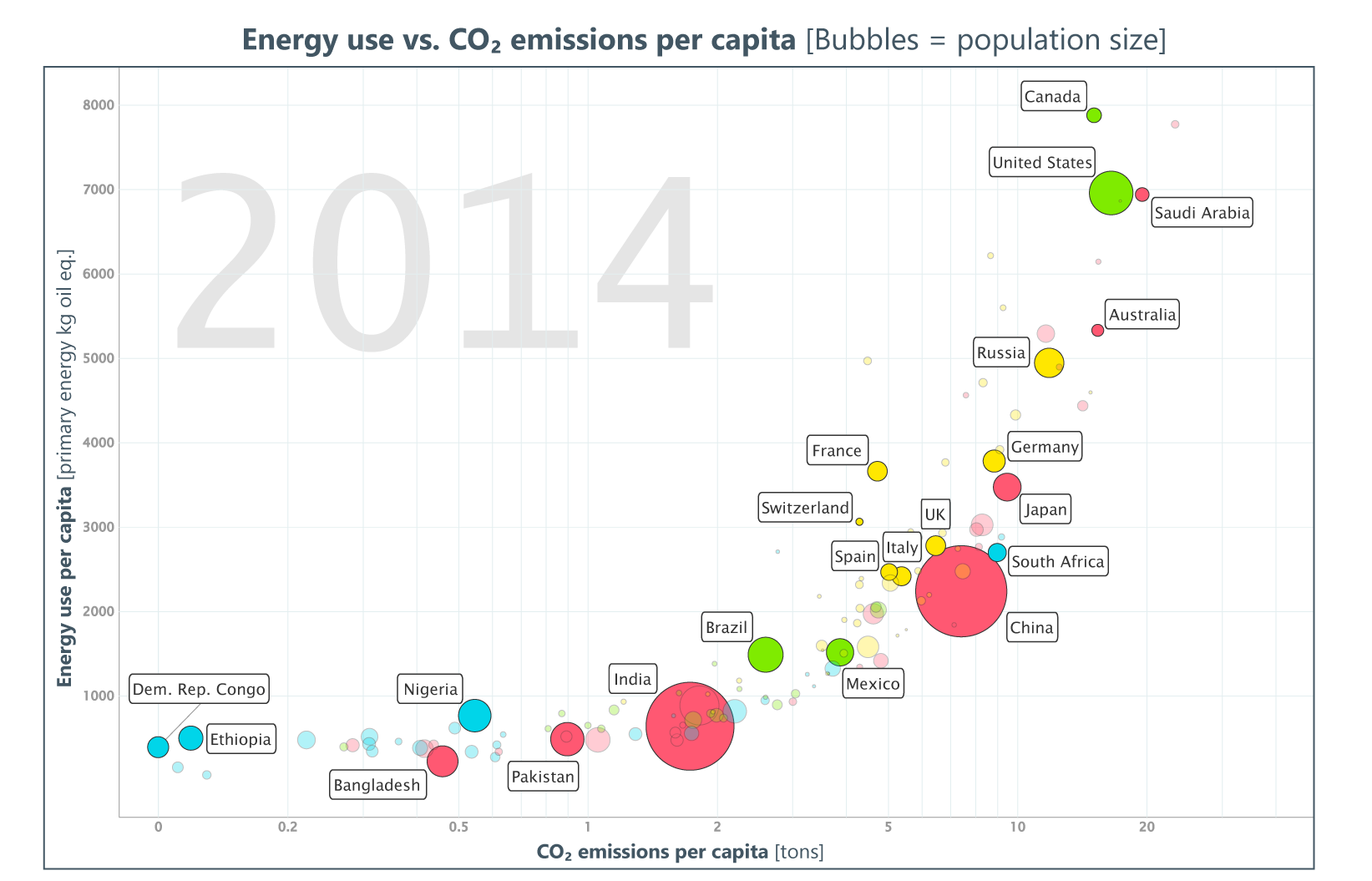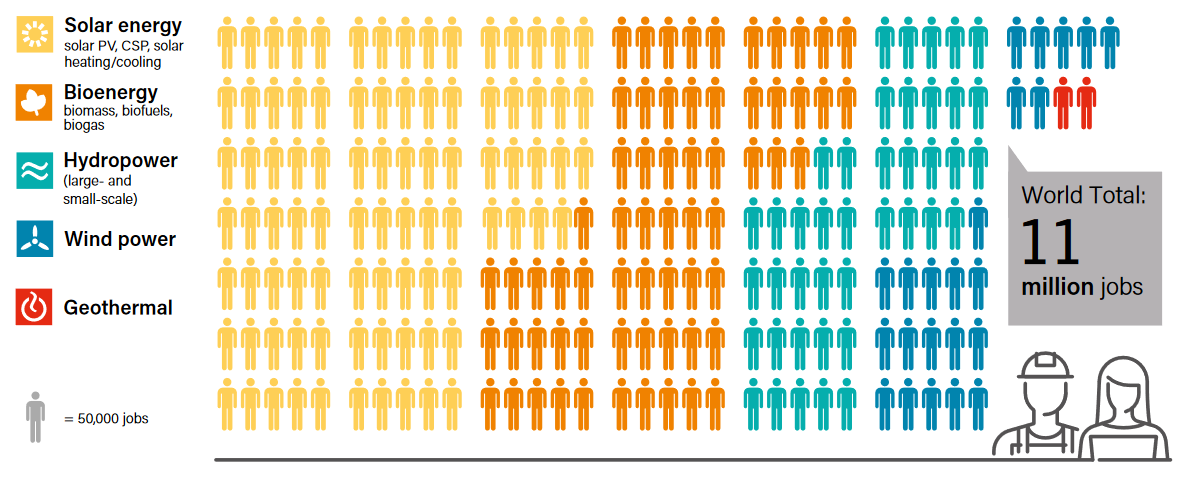
Energy: It’s everywhere, yet we don’t talk about it
On 24.09.2019 by Florian Manuel EgliBy Florian Egli on behalf of the Editorial Team
Welcome!
You have found the Energy Blog @ ETH, a newly founded initiative to foster a debate around energy research and policy. We know there is fascinating work coming out of ETH Zurich, but often the work is very specific and its implications for society, policymakers, and individuals do not easily get across. Given the unprecedented challenges to transform our energy system, academic ivory towers do not work. We are here to break them up and mix science with policy and society.
Who are we? A team of nine core editors runs the blog hosted by the Energy Science Center (ESC). This blog is designed to inform and foster debate with a combination of research highlights and op-eds that spark discussions on energy issues that too often remain in the dark. We are convinced that discussions around energy topics need to reach beyond a small circle of researchers.
Energy governs our life. Its source and infrastructure determine price and availability. Over the past centuries, the price of energy has decreased and its availability has increased. New technologies drove these developments. The industrialized world no longer uses wood for heating or whale oil to provide lighting. A global supply chain ensures the convenient provision of petrol at the nearest filling station and the connection to an electricity grid, which is available 24/7. As a consequence, people in industrialized countries no longer notice the processes needed to provide energy.
For example, the light switch you turn on in the morning and the coffee you are getting require a direct line to a power plant. You never see these lines, yet the infrastructure forms the backbone of modern life. Access to energy is a condition for and a consequence of economic development. Not only does energy use correlate with GDP per capita, it also negatively correlates with extreme poverty. It is therefore unsurprising that countries, which currently use less energy, such as India for example, are demanding higher future energy use to foster their growth and development.
Energy use per se is nothing bad. However, the current energy system based primarily on fossil fuels has caused the vast majority of global emissions and is the main culprit of anthropogenic global warming. In fact, energy use today also correlates strongly with emissions (Fig. 1). The challenge is hence twofold.
First, we need to re-develop a consciousness about energy. We need to be aware of what it is and how we change ecosystems by using energy in order to change behaviors and energy systems. Second, we face the challenge of providing energy to around 1 billion people that currently lack access to electricity without replicating past energy systems that have caused environmental havoc. Both challenges prove difficult to solve because powerful incumbent interests resist change, geopolitics are likely to change as a consequence of new energy systems and behavior change is a slow animal. Taken together, these factors slow down political action towards new energy systems — it is costly to stand up for an energy system that is fit for the future.
Data from the past shows however that we have transformed our energy system many times (Fig. 2). There is no inherent reason why another radical transformation should not be possible. In fact, while renewable and low-emission energy sources still account for only a small share of total electricity production (let alone total energy), renewables have come a long way. In 2018, despite fossil fuel subsidies being double that of renewable energy, 60% of net power capacity additions were renewables. This boom creates jobs that in turn help to increase political support for the energy transitions, just as cleaner air and associated health benefits do (Fig. 3).
At ETH Zurich, there are plenty of groups that tackle these questions. The Energy Science Center (ESC) alone brings together over 60 research groups and several hundreds of PhD and post-doctoral researchers on energy issues. These groups produce groundbreaking research to envision future technical, economic and regulatory aspects of the energy system, to design buildings and neighborhoods that are more climate friendly, to model future energy systems and design policy to provide incentives for investors to move to renewable energy, to reduce greenhouse gas emissions in the atmosphere, to address the integration challenges of high shares of renewables, or to evaluate energy literacy as a barrier to investments in energy efficiency to name just a few.
On the Energy Blog @ ETH Zurich, we will regularly publish insights and discussions on questions ranging from urban planning to central banks, policymaking for energy, equity issues, energy access, investment incentives or hydrogen and gas infrastructure. Stay tuned by signing up below!
If you are part of ETH Zurich, we invite you to contribute with your findings and your opinions to make this space a dynamic and relevant outlet for energy insights and debates. Contact the editorial team here to pitch an article idea!
Keep up with the Energy Blog @ ETH Zurich on Twitter @eth_energy_blog.
Suggested citation: Egli, Florian. “Energy: It’s everywhere, yet we don’t talk about it”, Energy Blog, ETH Zurich, September 24, 2019, https://blogs.ethz.ch/energy/energy-is-everywhere/
Stay tuned by signing up here:
If you are part of ETH Zurich, we invite you to contribute with your findings and your opinions to make this space a dynamic and relevant outlet for energy insights and debates. Find out how you can contribute and contact the editorial team here to pitch an article idea!





I’m very much looking forward to this new initiative! We hope it will help spread the word about the great scientific achievements and findings from ETH Zurich and stimulate the discussions about all the pressing challenges to create a sustainable energy system for the future! This is at the core of the vision of the Energy Science Center here at ETH Zurich.
This is a great new initiative and I am very much looking forward to inspiring posts as well as stimulating and controversial discussions.
Florian, I particularly liked your point on the relevance of jobs and forming strong coalitions (of actors) in support of the energy transition Here is even further reading on this – which you know, of course, but others may not 🙂
–> Jonas Meckling et al. 2017 in Nature Energy and 2015 in Science.
Just a minor comment on Fig.2: It seems to suggest that we have already seen a good part of a transition away from coal. But, as these are relative shares, it hides the fact that the absolute amount of energy has increased tremendously over the depicted time scale. In the EU, the UK has done very well to move away from coal, while most other countries are still struggling.
Hi Jochen, thanks a lot for the encouraging words!
Regarding the formation of coalitions in favour of the energy transitions (indeed an often overlooked but critical factor), there is also interesting new work from my colleague Nico Schmid available: https://onlinelibrary.wiley.com/doi/full/10.1111/psj.12365.
On Fig.2; point well taken. My main point is: the way we produce energy has changed dramatically in the past. Although we are nowhere near phasing out coal, it is encouraging to see that historically new (cheaper and more convenient) generation technologies have appeared and have managed to gain significant market shares. If we now imagine an energy transition with strong directional policy support, we may be able to move much faster than in the past…